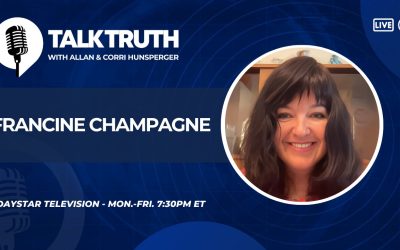Educational theorist William Heard Kilpatrick once wrote: “If people face a rapidly shifting and changing world, changing in unexpected ways and in unexpected directions, then what? Why, their education would stress thinking and methods of attack.”
If it wasn’t for the fact that he wrote these words in 1925, one might think he was describing the new curriculum just published by British Columbia’s Ministry of Education.
Kilpatrick consistently downplayed the importance of academic content, and emphasized the so-called process of learning. In other words, Kilpatrick thought it was more important for students to learn how to access information than to master a body of knowledge. Considering the speed at which the world was changing in 1925, Kilpatrick thought schools should focus on concepts and critical thinking skills rather than specific facts which he thought would soon be obsolete.
Apparently the BC Ministry of Education agrees with Kilpatrick. In fact, the overview of the new curriculum provided on its website explicitly downplays factual knowledge. “In today’s technology-enabled world, students have virtually instant access to a limitless amount of information. The greater value of education for every student is not in learning the information but in learning the skills they need to successfully find, consume, think about and apply it in their lives.”
This anti-knowledge approach has clearly influenced the major subject areas. For example, the draft social studies curriculum is almost totally empty of specific historical events and dates but is chock full of references to overarching concepts such as nationalism, colonialism, and imperialism. It’s difficult to imagine how students can grasp such complex concepts without knowing specific historical facts. Some teachers will obviously fill in these knowledge gaps but others may not and that is a serious problem for students.
In order to think deeply about a topic, students need to know something about it. Someone who used Google to find out when Confederation took place, who the key players were, and which provinces were involved, is unlikely to provide much insight into the factors that led to the formation of Canada.
Critical thought cannot take place in a knowledge vacuum. If we want students to understand the country they live in, we must ensure they learn about specific people and events from our past.
Proposed changes to BC’s math curriculum are equally concerning. Instead of requiring students to memorize math facts and learn the standard algorithms for addition, subtraction, multiplication, and division, the new curriculum expects students to “engage in multiple strategies to solve problems.” In other words, students and their parents can look forward to more frustrating evenings trying to solve fuzzy math problems. Parents can expect to see even more private tutoring agencies sprout up.
Fortunately, there is an alternative to the dumbed-down curriculum proposed by the BC government. With the help of many subject matter experts, the Core Knowledge Foundation (coreknowledge.org) has created a content-rich curriculum that actually helps students think critically and deeply. More than 1,200 schools in the United States and even a few in other countries use this curriculum.
The Core Knowledge Foundation was established by well-known education reformer E. D. Hirsch, Jr., a professor emeritus of English at the University of Virginia. In his 2006 book, The Knowledge Deficit, Hirsch points out that students with a broad knowledge base almost always read at a higher level than students with a limited knowledge base. Given this fact, the Core Knowledge curriculum helps students acquire the background knowledge they need to read more effectively.
There is substantial research evidence for the effectiveness of the Core Knowledge curriculum. For example, a three-year evaluation of twelve Core Knowledge schools conducted by Sam Stringfield, Amanda Datnow, Geoffrey Bornan, and Laura Rachuba of Johns Hopkins University found significant positive effects with the implementation of the Core Knowledge curriculum. Not only did the math skills of students improve in these schools, so did their reading ability.
Far from being an exciting new innovation, British Columbia’s new curriculum is little more than a rehash of the failed anti-knowledge approach of the 1920s. There is no reason to believe this approach will be any more effective now.
Students and teachers alike would benefit from less edu-babble in BC and more substance. A content-rich curriculum would be a good start.


